The last few months have witnessed a sharp escalation of tensions on the Russia-Ukraine border, as also, more recently on the Belarus-Ukraine border and in the Black Sea and Sea of Azov. Russian President Vladimir Putin has declared several times that he does not wish a conflict with Ukraine. But, he urgently demanded security guarantees from the West including assurances that Ukraine will never be admitted as a member of NATO. The same Russian stand was reiterated most recently during the visit of British Foreign secretary Elizabeth Truss to Moscow on 11 February by her Russian counterpart Sergei Lavrov.
A silver lining in the increasingly darkening war clouds on the Russia-Ukraine horizon appears to be the furious travels and conversations by a large number of leaders with their counterparts in Europe, US and Russia. Recent days witnessed the travel by French president Emmanuel Macron to Moscow and Kiev. UK prime minister Boris Johnson recently visited Kiev, Brussels (for discussions with the NATO Secretary-General and NATO members), and Warsaw. German Chancellor Olaf Scholz flew to Washington DC on 6 February and is scheduled to travel to Moscow and Kiev this week.
Discussions in the Normandy format consisting of representatives of Russia, Ukraine, Germany and France have been revived after a hiatus of two years. President Joe Biden spoke to President Putin for 62 minutes on 12 February 2022. So did French president Macron and US Secretary of State
Antony Blinken to their Russian counterparts the same day. Although the discussions so far have not yielded any positive results, the mere fact that the leaders have not stopped talking gives rise to a sliver of hope that diplomacy might still be able to yield the desired results.
Present status
Russia has amassed about 100,000 troops and military hardware including tanks, artillery, and armoured troop carriers at the border with Ukraine, stoking fears of an imminent invasion. In more recent weeks Russia has deputed another 30,000 troops on the Belarus-Ukraine border for military exercises. Ukraine has criticised Russia’s latest drills in Belarus and in the Black Sea, as being part of a “hybrid war” which had made navigation in the Black Sea and Sea of Azov “virtually impossible”.
Quick Reads
View AllIn addition to demanding that the West deny NATO membership to Ukraine and other former Soviet republics Georgia and Moldova, Russia has urged the US and Europe to roll back military deployments in Central and Eastern Europe. Some of these demands have been categorised as “unacceptable” and rejected by the US.
No country wants war
It needs to be recognised that no country has the luxury to engage in a conflict at this juncture.
A war would be disastrous for Russia which is still reeling under the impact of the COVID-19 pandemic on its economy and society. Sanctions imposed by the West on Russia after its annexation of Crimea in 2014 dealt a sharp blow to it from which it has still not recovered. The West has warned that if Russia were to invade Ukraine, it would have to face the most punishing and severe sanctions. In addition to the destruction and damage that any conflict will cause to all sides involved as well as to the global economy, a conflict at this stage will further push Russia into the embrace of China which is something it will not relish, notwithstanding the “no limits” strategic partnership entered into by Putin with Xi Jinping during the recent Winter Olympics. The long term implications and ramifications of a conflict in Europe will be immensely debilitating and destabilising for Russia. In the event of a conflict, NATO will have no option but to embrace Ukraine in its fold.
A conflict would not be welcome for the US either. Biden has stated categorically that he would not put boots on the ground in Ukraine even if a war were to break out. He ventured so far on 10th February that he would not depute US forces on the Ukrainian territory even to rescue Americans wanting to leave Ukraine in the event of a conflict. There is no way that Biden could come out smelling of roses from a conflict with Russia in Ukraine/Europe. The international standing of the US has been badly bruised after its disastrous exit from Afghanistan last year.
The US realises that it needs to focus all its energy on confronting the Chinese threat in the Indo-Pacific. The best outcome that the US can hope for is an honourable, face-saving end to this unwanted standoff. However, the US cannot afford to leave the theatre in Europe open and free for Russia as this could lead to increased fissures in the Trans-Atlantic alliance. A further challenge for Biden is that he would like to keep NATO united and strong. Because of the divergent individual interests of NATO member states, this is proving to be a formidable task. The US’ leadership of the western world and its capacity to confront the major threats it faces around the world depends significantly on the strength of its alliances in Europe and Asia. The highly polarised political atmosphere in the US also severely constrains Biden’s choices.
***
Also Read
**War, peace, stalemate? Week ahead could decide what’s next for Ukraine** **Five reasons why Russia might invade Ukraine and why the US want to get involved** **Why vested interests are hell-bent on dragging India into a distant conflict in Ukraine** **How Ukraine crisis has ensured China is no longer the primary nation on global radar** **Why armed nationalists in Ukraine pose a threat beyond Russia*****
Several countries in Europe, particularly major ones like Germany and France, would like to have stable, peaceful and mutually beneficial economic relations with Russia, particularly the supply of energy/gas from there. Germany is dependent to the extent of 53 per cent of its total import of gas on Russia; France 24 per cent; Austria and the Czech Republic 64 per cent each; Italy 46 per cent; Finland 94 per cent, and so on. These countries would not like their energy supplies to either stop or be threatened in the event of a war with Russia. Such an eventuality would of course have adverse repercussions for Russia also so it would be in the interest of both Europe and Russia to arrive at a mutually acceptable outcome through Talks.
Although NATO Secretary-General Jens Stoltenberg has been making aggressive statements against Russia and defends the sovereign right of a country to seek membership in NATO, he has categorically stated that NATO will not station its forces on Ukrainian soil. NATO’s high decibel threats and condemnation of Russia hence appear rather hyperbolic and hollow.
And the worst to suffer from a conflict if one were to break out would be Ukraine. While some powers might be able to advance their geopolitical or economic interests, Ukraine would not have that luxury. Hence Ukraine President Volodymyr Zelensky is trying his best to calm down passions and promote the revival of the Normandy Talks and implementation of the Minsk II Agreement. His bottom line is that Ukrainian sovereignty should be fully respected.
How should India respond?
India and the United States enjoy a comprehensive, global, strategic partnership, covering almost all areas of human endeavour, driven by shared democratic values and convergence of interests on a range of issues. With Russia, India shares a special and privileged strategic partnership.
In a recent procedural vote on Ukraine at the UN Security Council (UNSC), India abstained. In its Statement, India advocated the “immediate de-escalation of tensions taking into account the legitimate security interests of all countries”. India strongly advanced its “considered view that the issue can only be resolved through diplomatic dialogue”.
By staying neutral, India is not abdicating its responsibility. On the contrary, by advocating the path of dialogue and diplomacy, India is pushing for peace, security and stability.
In addition to the imperative necessity of maintaining a balance in our relations with our two most vital partners, India cannot support the coercive, military takeover of a country’s territory by another. India is under continuous pressure from China which makes illegal demands on its territory, not only in Ladakh but also in Arunachal Pradesh (93,000 sq km). On the western front, India faces similar pressure from Pakistan.
The way forward
It would appear that Putin’s muscle-flexing has already achieved the most fundamental of his demands of denying NATO membership to Ukraine, Georgia and Moldova. In unmistakable terms, Russia has drawn a red line that the West would be loath to cross in the near and mid-term. Over the last few months, Putin has single-handedly directed the pace and direction of events in the region. It will depend on him to extricate Russia from this situation without losing face or credibility.
India should continue to advance the cause of arriving at a peaceful solution through deliberations and discussions. A conflict is in no one’s interest.
The only country that is benefitting from this intensifying confrontation in Ukraine is China. Over the last two years, China had emerged as the most pernicious risk to global peace and stability because of its aggressive stance in the South China Sea and against Taiwan, persecution in Xinjiang and Hong Kong, invasion against India, its deplorable role in the spread of coronavirus, etc. For the last several months the threat emanating from China has been put on the back burner. Xi Jinping has been able to consolidate his power and authority by virtue of the comprehensive support he received from Putin. Biden’s distraction in Europe could embolden Xi Jinping to launch a peremptory attack against Taiwan and annex it by force.
Keeping the above in view, it behoves upon the US and Europe to expeditiously reach a mutually acceptable understanding with Putin. The US could short of making Ukraine a NATO member, provide it with the requisite military support and hardware to effectively protect and defend itself against any onslaught by Russia, should such an eventuality occur. The message should also be clear that another action like the 2014 annexation of Crimea will not be tolerated and would immediately trigger an appropriate response from Ukraine’s allies.
The writer is executive council member, Manohar Parrikar Institute for Defence Studies and Analyses, president, Institute of Global Studies, Distinguished Fellow, Ananta Aspen Centre, and former Ambassador of India to Kazakhstan, Sweden and Latvia. The views expressed are personal.
Read all the Latest News, Trending News,
Cricket News, Bollywood News,
India News and Entertainment News here. Follow us on
Facebook,
Twitter and
Instagram.


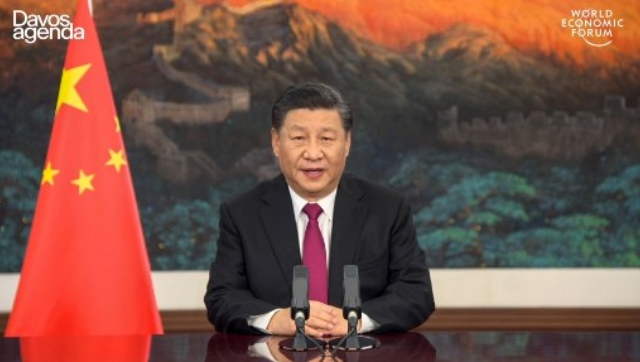)
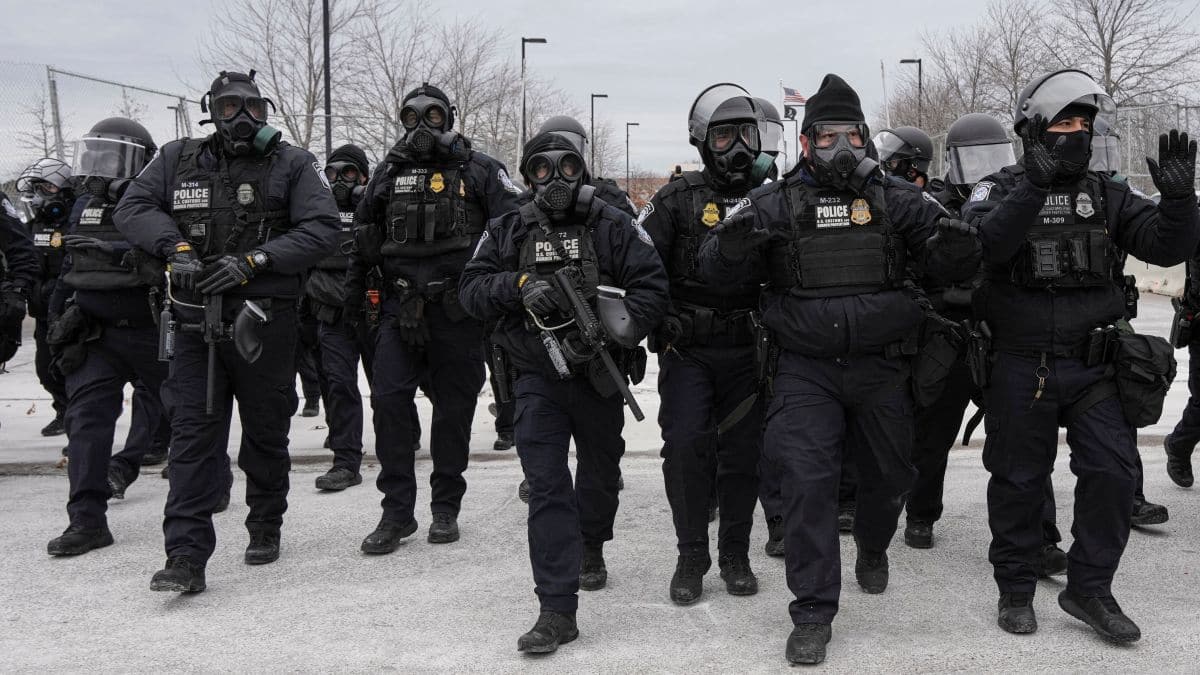
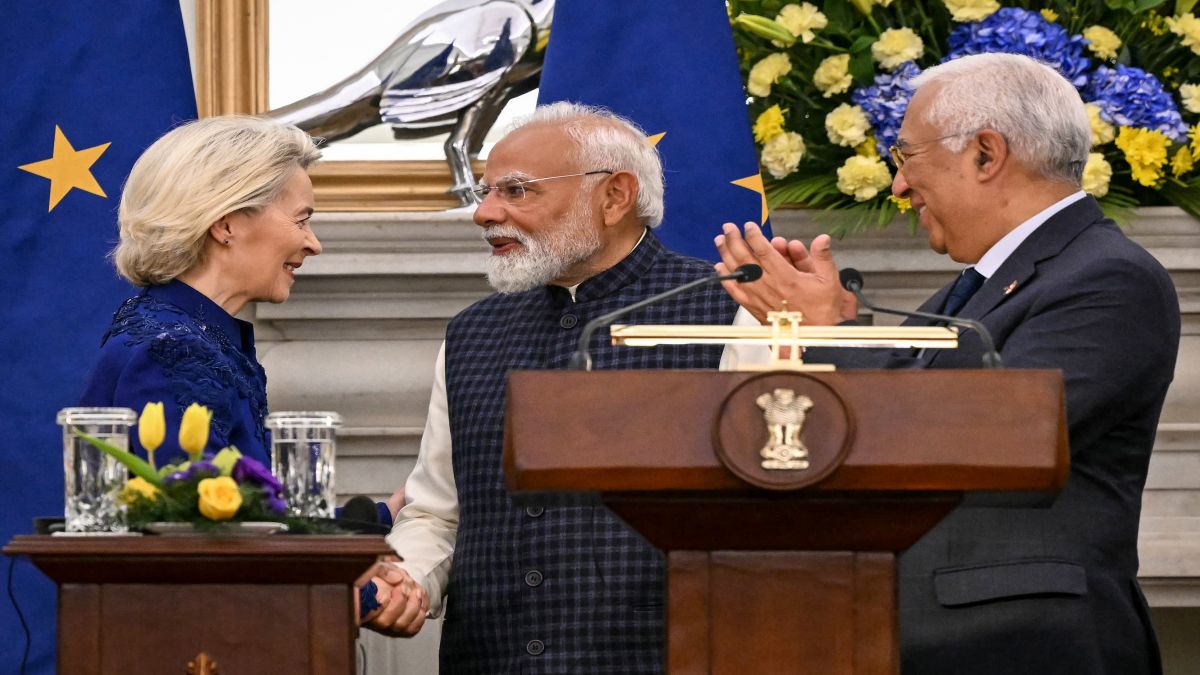)
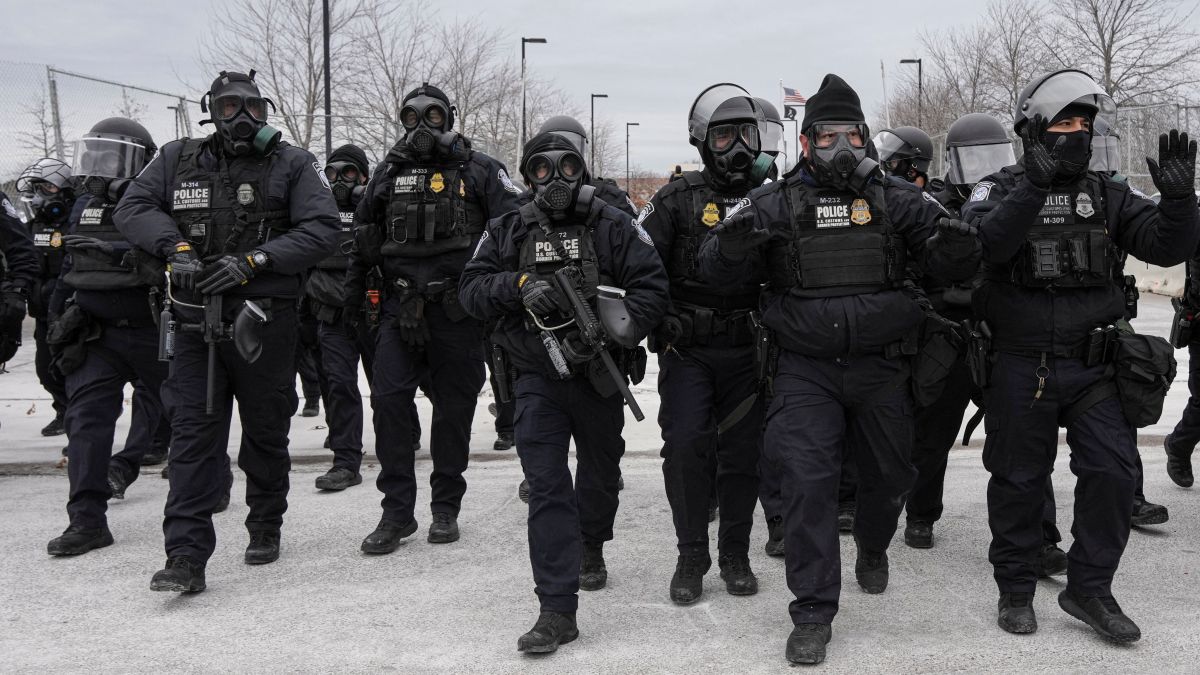)
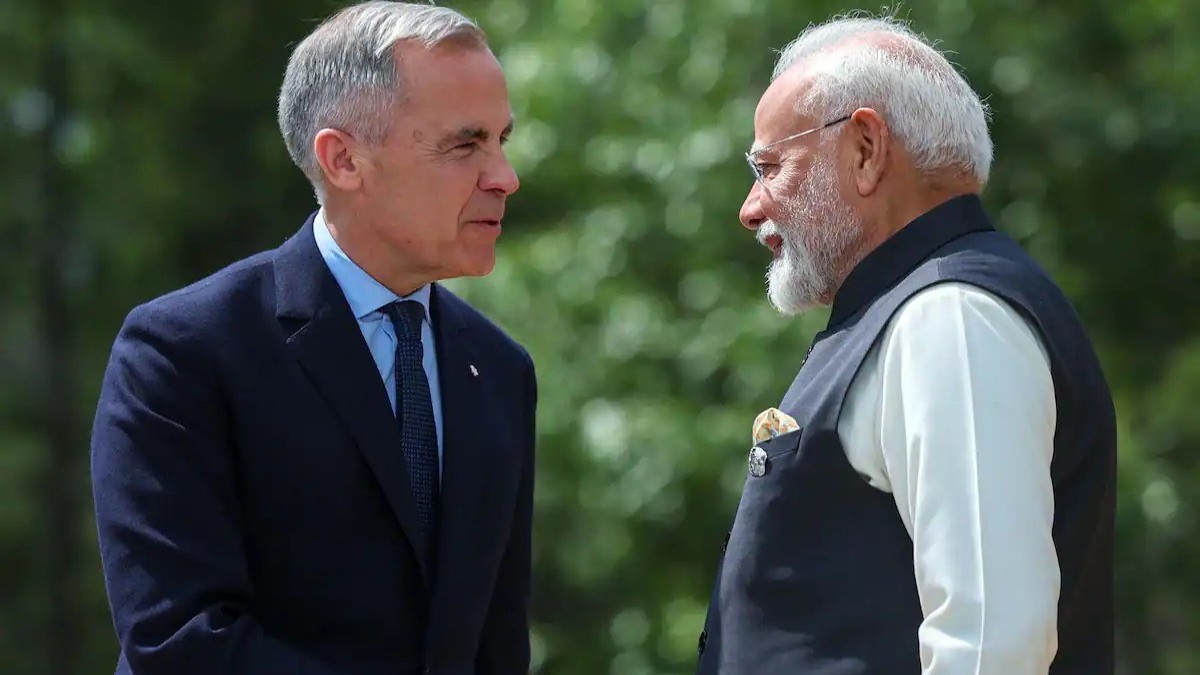)
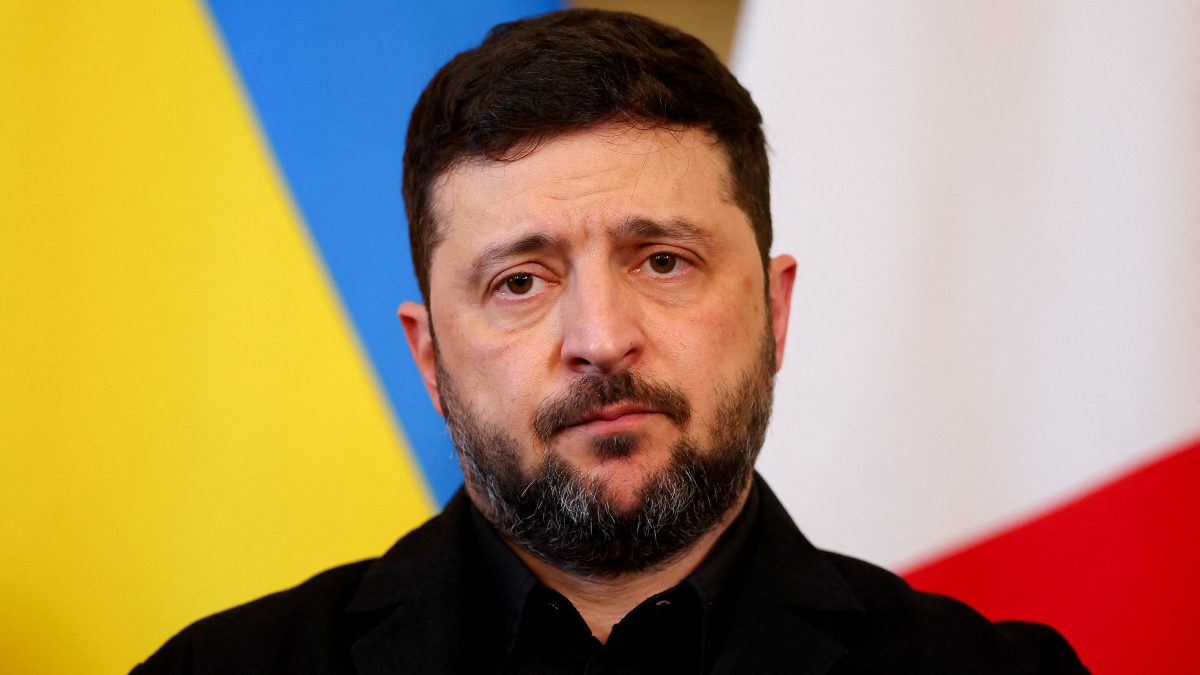)
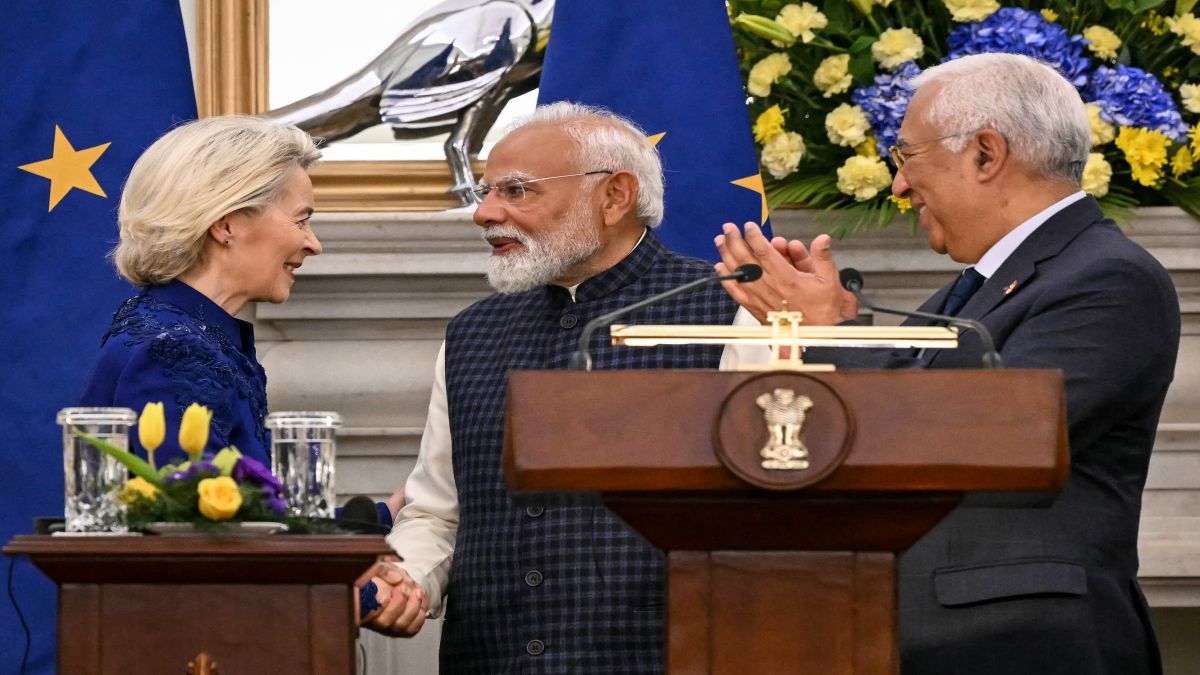)
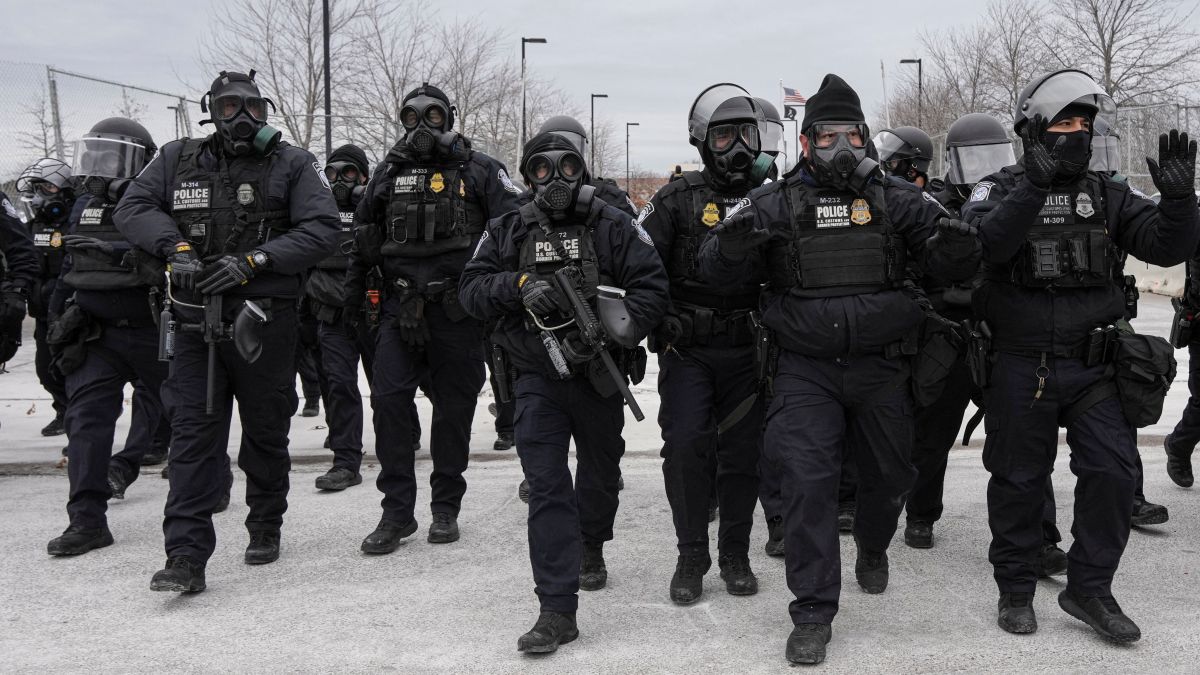)
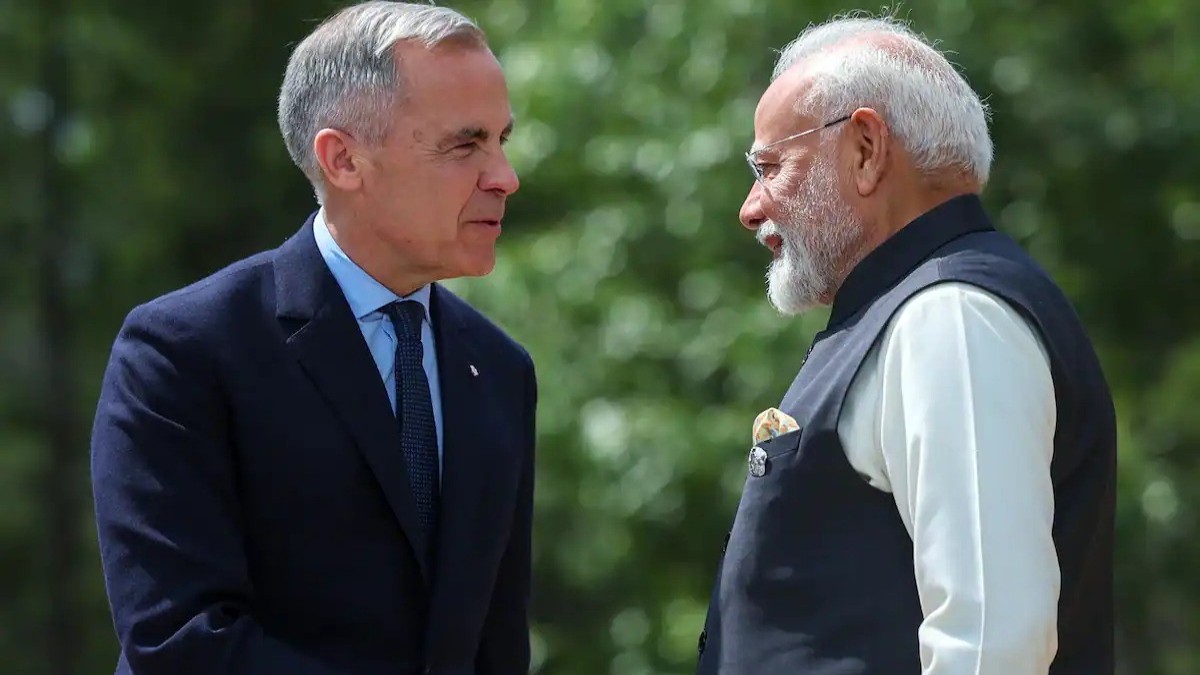)
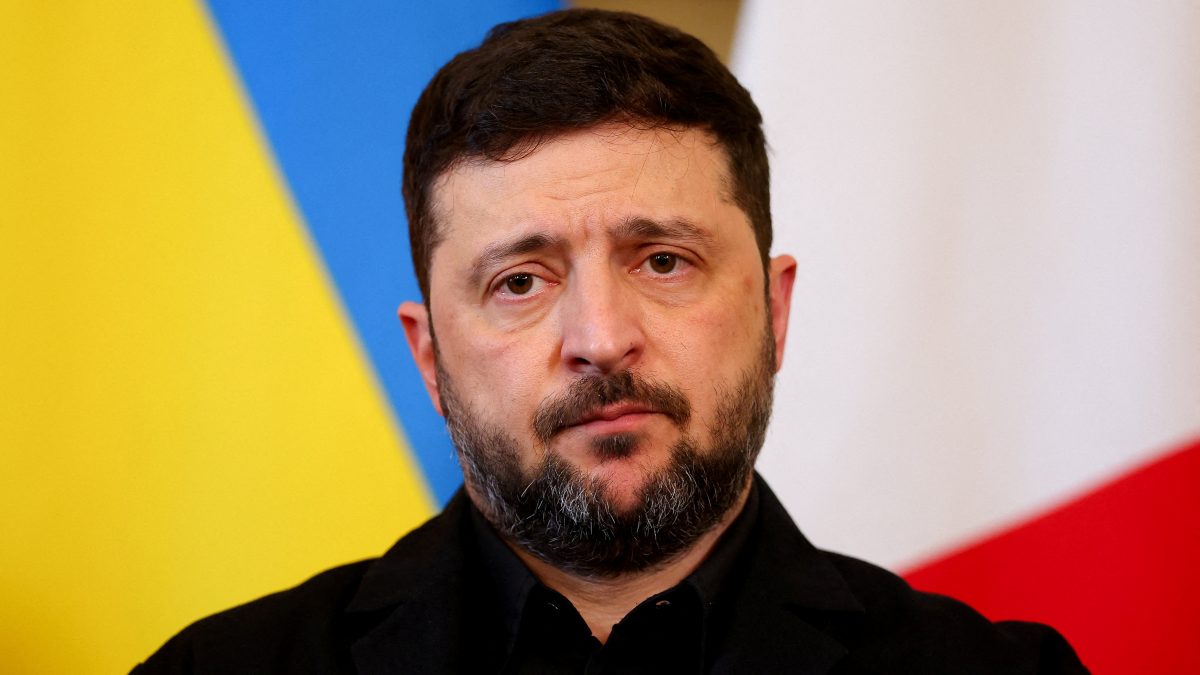)



